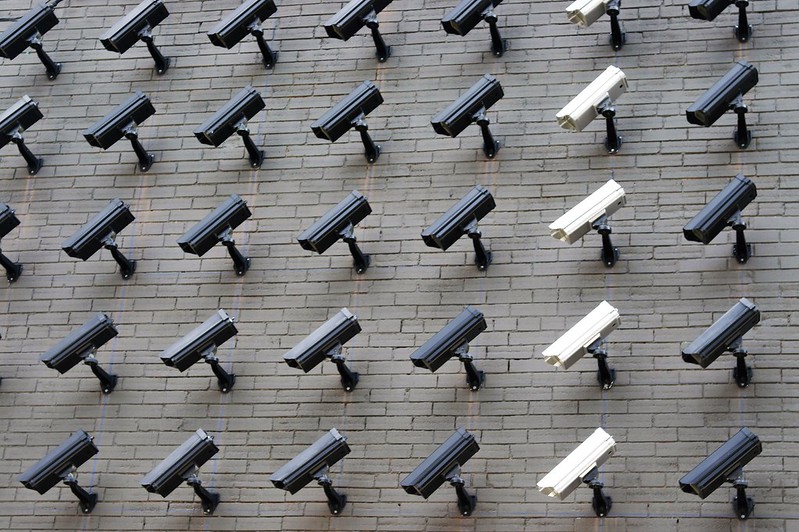 AI
AI
 AI
AI
 AI
AI
Tensions are high again regarding the use of facial recognition technology in law enforcement after a black man was wrongfully arrested in January this year, according to a report today in the New York Times.
Today, the American Civil Liberties Union of Michigan filed a complaint against the Detroit Police Department. The lawsuit explains how Robert Williams was arrested outside his house on Jan. 9, in front of his shocked wife and two weeping children.
The lawsuit states that the police conducted themselves in an improper way and relied on “flawed” face recognition technology. It’s reported that this is the first time in U.S. history that someone has been put behind bars because such technology gave a positive match, although there might be more cases and people just haven’t heard about them.
In 2018, a black person had robbed a store and stolen watches to the value of $4,000. An image taken of the thief matched with Williams’, at least according to the software, and he was arrested. Williams had an alibi, while his DNA, fingerprints and mugshot were on file. Police quickly realized that they had the wrong man, with one officer saying, “The computer must have gotten it wrong.”
“I never thought I’d have to explain to my daughters why daddy got arrested,” Williams later wrote in an op-ed. “How does one explain to two young girls that the computer got it wrong, but the police listened to it anyway?”
It’s been known for a long time that face recognition technology can be biased against people of color. This has caused quite a stir during the Black Lives Matter movement. Earlier this month, IBM Corp. said it would no longer develop or offer its own facial recognition technology to anyone, stating that potential human rights and privacy abuses were the reason.
Soon after, Amazon Web Services Inc. placed a one-year moratorium on police use of its already controversial facial recognition technology platform, Amazon Rekognition. Microsoft Corp. followed, saying that it too will not sell its facial recognition technology to police departments, at least until there’s a national law in place.
“Even if this technology does become accurate (at the expense of people like me), I don’t want my daughters’ faces to be part of some government database,” said Williams. “I don’t want cops showing up at their door because they were recorded at a protest the government didn’t like. I don’t want this technology automating and worsening the racist policies we’re protesting.”
THANK YOU